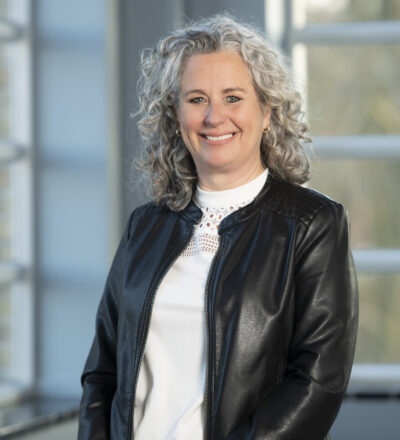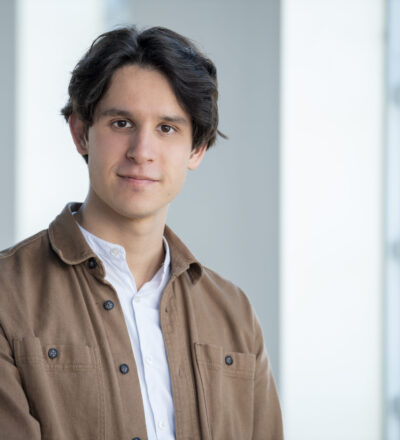Scissors has strengthened the quest for processes that enable the re-use of materials and reduce the emission of greenhouse gases for wet residual streams. New awareness of the activities of Super Critical Waste (SCW) Systems triggered the idea that this technology may offer that opportunity.
Incineration or simply land fill are the present solutions available. Many sources of this nature can be identified with a great diversity of origin ranging from agricultural waste, domestic sewage to industrial flush waste streams.
In short:
- We need more processes that enable re-use of materials and reduce emissions
- Especially wet waste streams are hard to process
- Scissors aims to prove that the SCW-technology is able to do this
Recent development in the area of super critical water processing offers the opportunity to address the issues mentioned. The trigger for the Scissors-project is the ambition and continued search for ways to process these wet waste streams in a better and circular way, in a CO2 neutral way and retaining their building blocks, including the water. New awareness of the activities of SCW-Systems triggered the idea that this technology may offer that opportunity.
Current energy requirements
The potential impact of this technology is best illustrated by the size of the streams that may be suitable for processing. For instance, wastewater treatment plant sludge out of municipalities in the Netherlands is already 1.4 million tons per year. Industrial wastewater treatment sludge comes up to 1.3 million tons per year and a stunning amount of wet manure coming from the Dutch agricultural industry, accounts up to 71 million tons per year.
Incineration of these residues require a lot of extra energy and subsequent emissions, due to the wet nature of these streams. Valuable components and materials are also lost or can only be converted into unwanted electricity of which buffering is very difficult or costly.
Scissors: data driven decision-making
Recognizing the potential of super critical water technology on industrial scale is only the first step. Proving the technology is actually able to process specific wet streams is the next step and the aim of this project. Actual testing in a continuous lab installation should provide the insight if and how the individual streams can best be treated, and the building blocks preserved. The objective is to enable a data driven decision on the full-scale commercial processing of individual waste streams. The project is intended to act as the precursor for a more elaborate program towards a much wider application field in areas of other wet waste streams.
Expected results of Scissors
- A newly designed and built bench scale test reactor
- Analysed product (waste stream/feedstock) composition
- Identification of the pre-treatment requirements per input stream, mechanical and well as chemical
- Specification for the design of the pre-treatment installation
- Identified optimal process conditions per feedstock such as pressure, temperature and retention time
- Identification of the impact of the pre-treatment on the reactor design
- Identification of the post-treatment requirements for syngas and water per input stream, mechanical and well as chemical
- Specification for the design of the post-treatment installation
- Small LCA per input stream (mass-and energy- balance including CO2 footprint)
How we’re planning on reaching our goals
A detailed analysis of a set of waste streams will be carried out by the stream owner(s). SCW Systems will design and build the new bench scale test reactor, required pre-treatment installation based on the composition of the streams and the syngas and water treatment. The consortium participants will define the requirements for additional analyses to enable a data driven compact LCA and/or assessment of the results obtained in order to come to a decision in the full-scale commercial processing of individual waste streams.
The tests will be iterative in nature to scan the operating window and determine the optimum set of operating parameters. This applies to all 3 sequential processing steps: pre-treatment and mixing, conversion, syngas and water treatment. The objectives and high-level results of the project will be disseminated and used for an extensive program to be set up with a positive outcome.
In the media
Our partner SCW from project Scissors was seen on Dutch television where they tell about their impactful sustainable initiative.
You might also be interested in
Acknowledgement & partners
This project is co-funded with subsidy from the Topsector Energy by the Ministry of Economic Affairs and Climate Policy.






